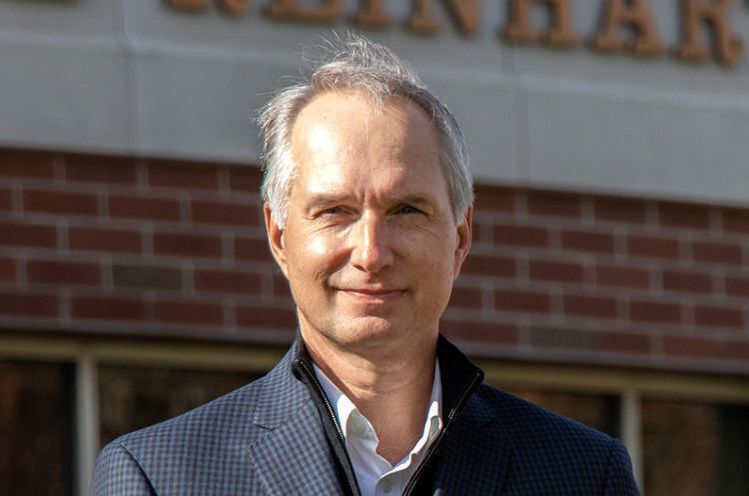Richard Kyte: Reasonableness must be cultivated, not legislated
Why are so many people unreasonable today? You can’t swing a dead cat without hitting some yahoo spouting a half-baked conspiracy theory, threatening to shoot a government official, or canceling someone for using an ill-chosen metaphor.
We have school boards firing educators for teaching controversial topics in a class about critical thinking. We have legislators calling the cops because a comedian made fun of them. What the heck is going on?
You can blame unreasonableness on many things: social media algorithms, misinformation campaigns, decline in community engagement, lack of scientific knowledge, or a communist plot to “sap and impurify all our precious bodily fluids.” All of these (except the last) may be contributing to the problem, but something more fundamental is going on as well.
Too many people seem to think reasonableness is a default, and any deviation from that norm must come from some malign influence threatening to undermine our democracy. Their solution is to force people to believe what they deem correct. Consequently, we have politicians on the left trying to curb speech on the internet and politicians on the right trying to curb speech in schools.
But we cannot legislate our way into reasonableness. It is a virtue that is strengthened only within communities that value and cultivate it; wherever it is taken for granted it is lost.
Nobody understood this more clearly than our second president, John Adams. He often was downright pessimistic in his predictions for the future of this country, especially in his letters to his wife, Abigail. “It is in vain to say that democracy is less vain, less proud, less selfish, less ambitious, or less avaricious than aristocracy or monarchy. It is not true, in fact, and nowhere appears in history. Those passions are the same in all men, under all forms of simple government, and when unchecked, produce the same effects of fraud, violence, and cruelty.”
The fact is, human beings’ natural tendency is to be unreasonable. It always has been. That’s one reason our founders insisted on protecting free speech in the Bill of Rights. But they were also wise enough to understand that legal protection of free speech is not enough; widespread tolerance of opposing viewpoints is something we must each cultivate within our own hearts.
I saw an example of deep-seated unreasonableness up close several years ago when I helped organize a public debate over a controversy in our community. A group of people had filed a lawsuit demanding removal of a small Ten Commandments monument in a public park. The Freedom from Religion Foundation lent its support to the plaintiffs. The American Center for Law and Justice offered to aid the city in its legal defense. Similar disputes took place in cities and towns throughout the country.
Before the lawsuit, few people were even aware of the monument, which is about the size and shape of an inconspicuous grave marker. Yet, for months it was the hot topic in all the coffee shops and taverns. Everybody had a strong opinion, but nobody really cared about the monument itself. It was a symbol of what side people were on.
I invited the public relations director of the Freedom from Religion Foundation to debate the senior counsel from the American Center for Law and Justice. I also invited a political philosopher to provide some context and nuance to an issue that almost everyone seemed to regard as black and white.
Inviting three participants to a debate threw people off. The day before the event, I got a phone call from someone upset that I had “stacked” the debate by inviting two people opposed to the monument and only one person in favor of it. As I hung up the phone, a man walked into my office holding a copy of the debate flyer. Why, he demanded, was I “stacking” the debate with two people in favor of the monument and only one opposed?
When somebody cares deeply about a controversial issue, it can be hard for them to see that there may be more than just two sides. But the truth is, most issues have layers of complexity and understanding them adequately requires more than just being “for” or “against.”
That is why it is important to debate controversial issues publicly, to actually discuss and try to understand them and not just take a position. An issue only becomes what we call “controversial” because a large number of people have opposing views about the subject. That alone makes it worth talking about, because people generally don’t hold strong views on a topic for no reason at all.
Here is a piece of advice: If the group of people you disagree with seem completely irrational, that’s a pretty good clue your own understanding of the case is superficial.
It is vital to the health of our society to cultivate within ourselves an attitude of broad tolerance for the public discussion of ideas, especially those ideas with which we disagree. Only fools are confident in their ability to know the truth.

